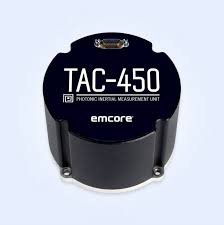Three sources said Italy believes it should have been asked to approve the purchase of a military drones company by Chinese investors and will file a complaint if it does not receive a suitable answer.
In August, Rome launched an investigation into the sale of a 75% stake in Alpi Aviation, a company based in northern Italy, to investigate if it should have been informed under so-called golden power regulations for strategically vital assets.
The purchase demonstrated how easy it is for changes in business ownership to fly under the radar at a time when the United States and Europe are under increasing pressure to monitor potential national security threats posed by Chinese investors.
China Corporate United Investment Holding and CRRC Capital Holding, which are managed by the Management Committee of Wuxi Liyuan Economic Development Zone and SASAC, are the Chinese groups participating in the acquisition through a network of investment vehicles.
Outside of work hours, a request for comment to these companies remained unanswered, and the office of Italian Prime Minister Mario Draghi declined to respond.
Alpi Aviation did not respond to a request for comment right away. Its lawyers previously stated that the corporation followed all of the rules in the deal.
The government is preparing a formal notice to be delivered to all concerned parties asking for clarifications after an in-depth study, according to three people directly involved in the case.
One of them noted that the Italian authorities are paying “extreme attention” to the situation.
The matter was made public in September when the Italian tax police announced a probe into the trade over an alleged violation of laws governing the sale of military weapons, stating that six people were being investigated.
At the time, police stated the acquisition was “obviously” a predatory technological investment.
According to a fourth report, the Chinese investors paid over $6.8 million for the 75 percent ownership.
Rome could apply penalties that, in the worst-case scenario, could result in the sale being void.
The government has anti-takeover powers that allow it to protect important assets from non-EU and – for the time being – EU groups.
Since 2012, Italy has utilized its golden powers four times to thwart foreign interests in the country. Three of these have thwarted Chinese aspirations in the nine months since Drgahi’s government assumed office.
Draghi vetoed the sale of a vegetable seed company to a Chinese-owned corporation, Syngenta, last month, and barred Shenzhen Invenland Holdings Co. Ltd. from obtaining a majority position in a semiconductor equipment company in April.

















